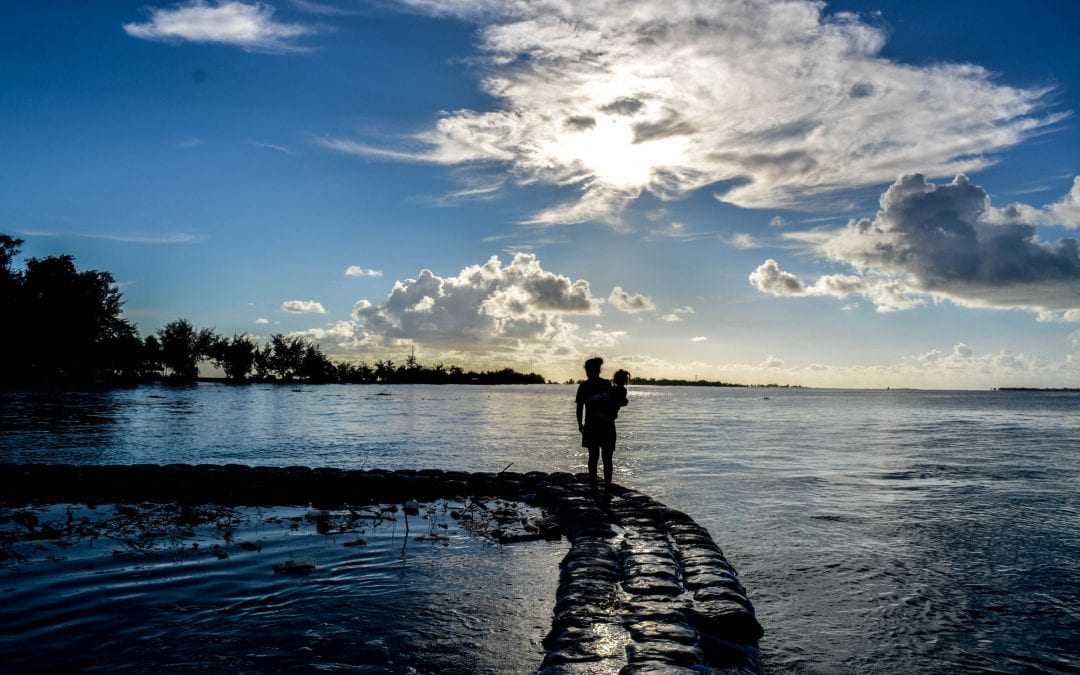Last week, the man who would have become the first official climate change refugee, Ioane Teitiota, lost his case to avoid deportation at the United Nations Human Rights Committee. Teitiota claimed refugee status saying climate change had affected his right to life and was asking the New Zealand government not to deport him to Kiribati. The committee upheld the original ruling from the New Zealand government and stated that Teitota did not “objectively face” a risk of being persecuted if he returned to Kiribati. Lillian Hanley spoke with international law professor and former UN Special Rapporteur on Human Rights and the Environment John Knox about the case and what it could mean in the future for climate refugees.
John Knox is a Professor of International Law at Wake Forest University. He is an expert in human rights law and international environmental law and is the author of The Human Right to a Healthy Environment.
Podcast:
This interview originally aired on 95bFM’s weekly news and current affairs show The Wire. For more stories like this, click here.
For more of our audio and visual content, check out our YouTube channel, or head to the University of Auckland’s manuscripts and archives collection.
Disclaimer: The ideas expressed in this discussion reflect the views of the guest and not necessarily the views of The Big Q.
You might also like:
Sink or swim: How are low-lying Pacific islands adapting to climate change?
What are the social implications of storms and disasters? 🔊

